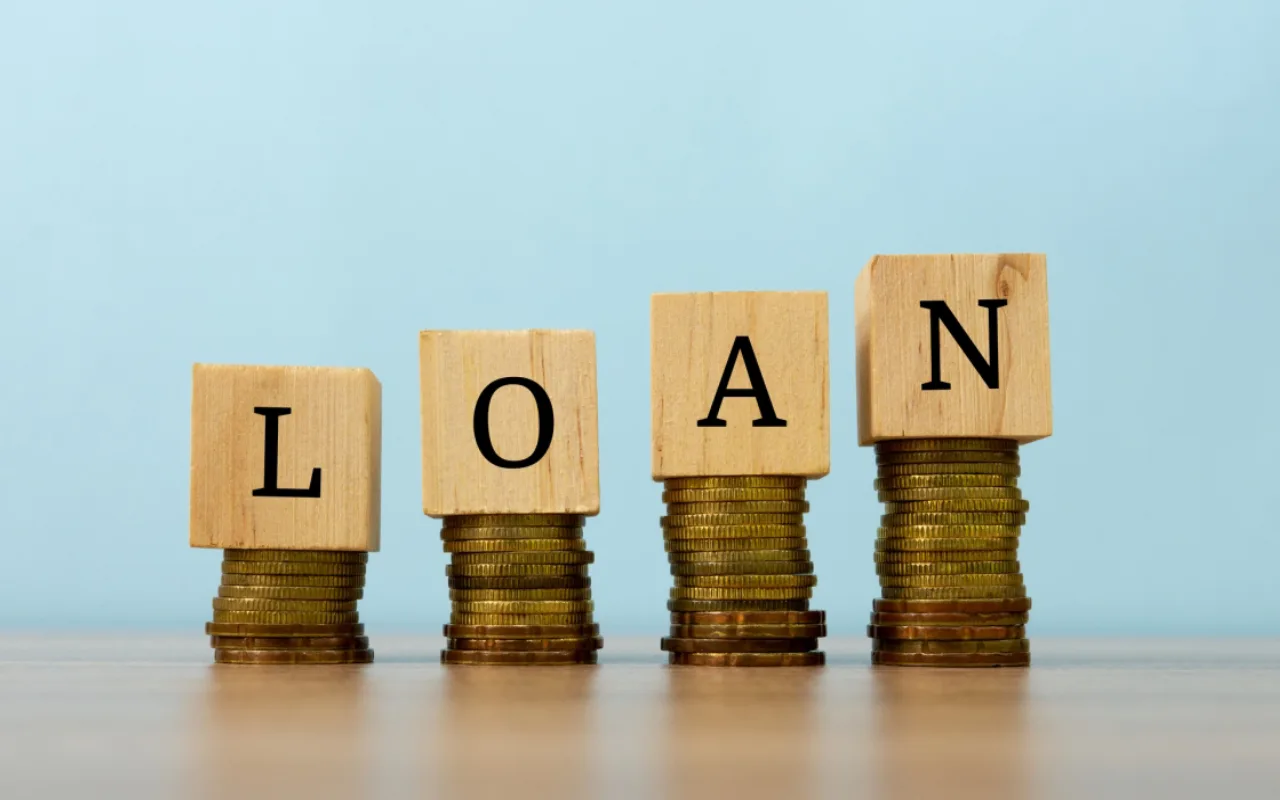Can I Pay Off My Student Loan Early? A Guide for Indian Graduates
Congratulations on graduating! Earning your degree is a remarkable achievement, but it often comes with the burden of student loan debt. While many graduates wonder, “Can I pay off my student loan early?”, the answer isn’t a simple yes or no. It depends on your individual financial situation and future goals.
1. The Advantages of Early Repayment
Paying off your student loan early can offer several attractive benefits:
- Save on interest: This is the most significant advantage. Student loan interest rates can be substantial, and paying off the loan early means you’ll pay less overall. This can translate to significant savings, freeing up funds for other financial goals like saving for a house, retirement, or starting a business.
- Gain peace of mind: Being debt-free can bring immense peace of mind. Eliminating your monthly student loan payment reduces your financial burden and allows you to focus on other areas of your life without the constant pressure of debt.
- Improve your credit score: Making consistent and timely payments on your student loan can positively impact your credit score. Paying it off early further demonstrates your financial responsibility, potentially leading to better loan terms and interest rates when applying for other loans in the future.
2. The Potential Downsides of Early Repayment
While early repayment offers numerous benefits, it’s crucial to consider the potential downsides before making a decision:
- Reduced liquidity: Paying off a large sum towards your loan upfront can significantly impact your available cash flow. Ensure you have an emergency fund established to cover unexpected expenses before prioritizing early repayment.
- Missed out on potential benefits: Some government or private loan programs offer benefits like forgiveness programs or income-driven repayment plans. Paying off your loan early might disqualify you from these programs, which could be beneficial depending on your future career path and income.
- Other financial priorities: It’s essential to assess your overall financial picture. Early repayment might come at the expense of other important financial goals, such as saving for a down payment on a house or investing for retirement. Prioritize your financial needs and goals before making a decision.
3. Making an Informed Decision: Weighing the Pros and Cons
Ultimately, the decision of whether or not to pay off your student loan early is a personal one. Carefully evaluate your financial situation, future goals, and risk tolerance. Here are some additional factors to consider:
- Your current financial stability: Are you employed with a stable income? Do you have a healthy emergency fund?
- The interest rate of your loan: Higher interest rates make early repayment more attractive due to the significant interest savings.
- Your future career path: Do you expect your income to increase significantly in the future? If so, focusing on other financial goals like retirement savings might be more beneficial.
4. Seeking Professional Advice
Consulting a financial advisor can be incredibly helpful in navigating this decision. They can assess your individual circumstances, analyze your financial goals, and guide you towards the most suitable strategy for managing your student loan debt.
Remember, there’s no one-size-fits-all answer. By considering the advantages and disadvantages, carefully evaluating your financial situation, and potentially seeking professional advice, you can make an informed decision that aligns with your unique financial goals and empowers you to manage your student loan debt effectively.

